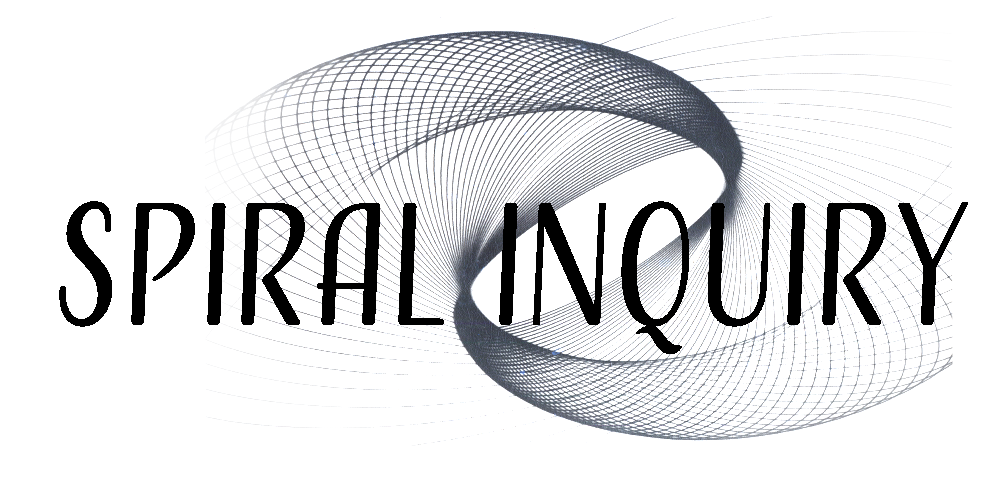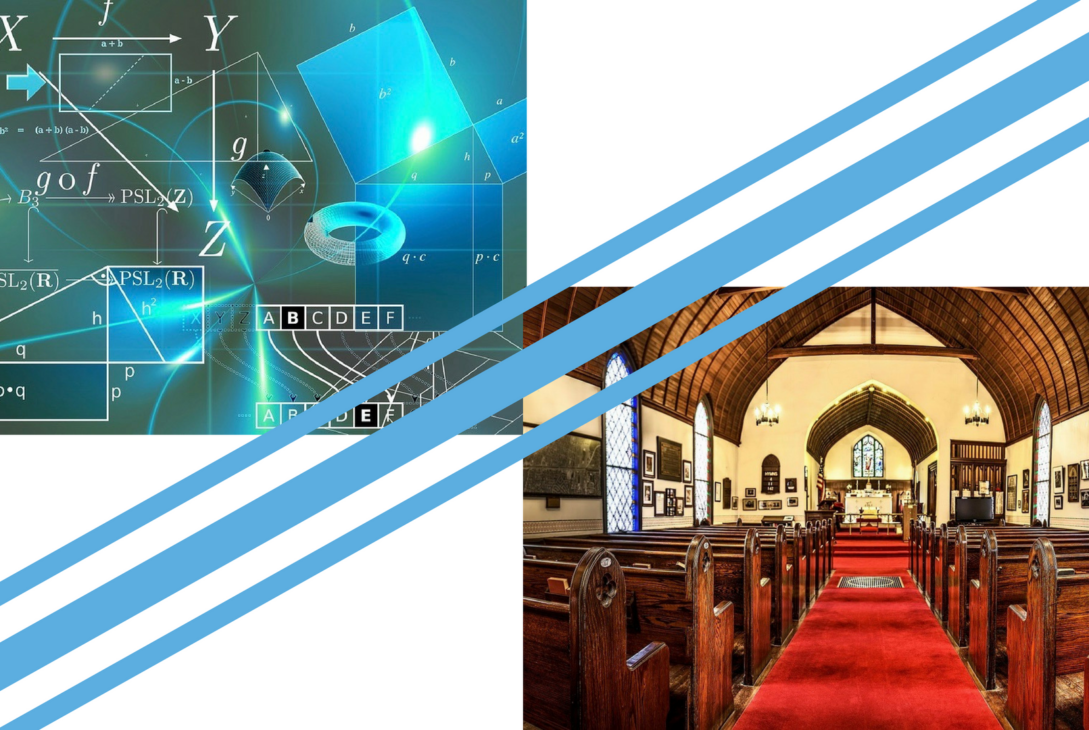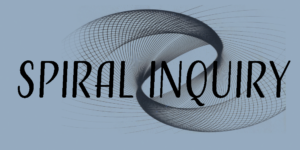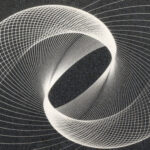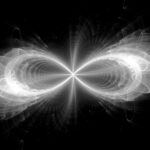Originally Published April 24, 2018, as the final post in the Forum on the Integration of Science and Spirituality (2011-2018)
“Pre-eminent scientists… have felt compelled to attack all religion as irrational superstition. Many religious adherents have raised strident voices supporting biblical literalism and demeaning scientists’ claim to truth.” ISAS Forum (2011)
The Forum on the Integration of Science and Spirituality opened in 2011 with these words, in a post entitled Integrating Science and Spirituality – Why is This Important? In the years since, the public acrimony between science and religion has, in my opinion, softened. I do not claim that the Forum can take any credit for that, but we can take heart that progress has been made in healing the divisiveness and in recognizing the possibilities for integrating our scientific and spiritual understanding of the world and life. This post outlines some of the signs of progress.
Reaction Against Fundamentalism
Passionate atheism and passionate biblical literalism still have adherents, but they are not getting the same press coverage as they did a decade ago. Increasingly, both ends of the spectrum are being called out as “fundamentalist”, on the one hand for denying empirical evidence, and on the other for maintaining that there is nothing but empirical evidence.
On the religious side, this is partly due to a shift in the evangelical community. Many evangelical leaders have accepted the idea that the first chapters of Genesis should not be taken literally. As the National Association of Evangelicals reported in September 2017, “Ninety percent of evangelical leaders say it is acceptable for evangelicals to have different views regarding the origin of the earth so long as they maintain that God is the creator.”
At the same time, the US population as a whole continues to be quite religious – 89% in a 2016 Pew Center survey. But that religion is becoming more open-minded. A 2017 Gallup Poll reported that biblical literalism has continued to decline, from 40% in the 1970’s to 24% in 2017. Among most religious people, there is no inherent conflict between science and religion.
On the atheism side, the radical claims of the so-called New Atheists got a boost following the terrorist attack of September 11, 2001. Indeed, Sam Harris’ 2004 best-selling book The End of Faith: Religion, Terror, and the Future of Reason was motivated by the attack. Two years later, Richard Dawkins published The God Delusion, which spent 51 weeks on the New York Times best-seller list. Since then, however, many thinkers have criticized as the their claims as “scientism” or scientific fundamentalism. Among those claims are the positions that there is nothing but the physical world and that religion has no role in human life.
This trend may indicate that we are simply returning to the historical norm. Many eminent scientists through history have been deeply religious, and this continues to be the case today. Notable modern religious scientists include: Dr. Francis Collins, who led the human genome project and is now the Director of the National Institutes of Health; Dr. John Polkinghorne, an English theoretical physicist, writer and Anglican priest; Dr. George Ellis, a leading cosmologist and winner of the 2004 Templeton Prize; Dr. Freeman Dyson an American theoretical physicist and mathematician; Martin Nowak, evolutionary biologist and mathematician best known for evolutionary dynamics; and Charles H. Townes, winner of the 1964 Nobel Prize in Physics.
According to PEW research in 2009, 51% of scientists believe in God. While this is lower that the general public, the number is actually higher than it was a century ago. In 1914, researchers found only 42% of scientists believed in God. The Pew study also found, surprisingly, that younger scientists (ages 18-34) today are actually more likely to believe in God than those who are older.
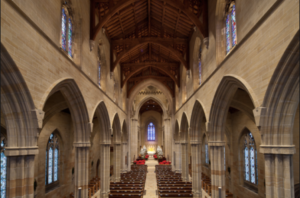
Integration is On the Agenda
In 1997, Stephen J. Gould staked out the position that many scientists, including religious ones, were comfortable with. He claimed that science and religion belonged to Non-Overlapping Magisteria (NOMA), each standing independently and with authority only on its side of the divide. I discussed this concept at length in Minding the Gaps, concluding that NOMA simply “serves to protect the entrenched positions of two poles of understanding, while effectively prohibiting their integration into the unitary sphere of one’s life.”
That conclusion seems to be gaining credibility. Some physicists now recognize that the conundrums of quantum mechanics are invoking metaphysical and even theological questions. As discussed recently in The Philosopher’s Zone, cosmologist Carlo Rovelli is seeking help from philosophers in trying to understand some gaping conceptual mysteries in the theory of loop quantum gravity. And on March 28, 2018, the Templeton Foundation announced a new program New Directions in the Philosophy of Cosmology, an effort to have philosophers of science work together with scientists to develop better conceptual tools for dealing with the problems arising in quantum physics. For several years, the Foundational Question Institute (FQXi) has pursued deep questions at the foundations of physics and cosmology, particularly new frontiers and innovative ideas. As a participant in four of their essay contests, I’ve found many essayists exploring theological lines of thinking. Religious publication such as Theology and Science, probe the connections between scientific and religious ideas.
There is another way in which scientists are opening the door to conversation about religion and spiritual practices. A number of researchers have been reporting on the benefits of religious belief and practice. Religious people seem to be happier and healthier, to live longer, and to be more supportive, than non-religious people.
Dr. Roy Baumeister is a skeptic, but he documents benefits from religious belief in the book he co-authored with John Tierney, Willpower: Rediscovering the Greatest Human Strength. “Although many scientists are skeptical of institutions that promote spirituality – and psychologists, for some reason, have been particularly skeptical of religion – self-control researchers have developed a grudging respect for the practical results.”
Skeptic Robert Wright has gone so far as to title his 2009 book The Evolution of God. Wright suggests that God (or at least the human concept of God), has evolved throughout human history, and will continue to evolve, but he acknowledges the significant benefits that religion has brought to human life and progress. He concludes his book with a call for greater recognition of the shared monotheism in the Christian, Judaic and Islamic traditions and a hope that the universality of an expanded concept of Godhead could increase religious harmony in the modern world – something which he believes would be beneficial for mankind.

A Personal Conclusion
My own thinking on the science / religion dialogue has also matured in the seven years I have focused on it. I have come to the satisfactory conclusion that there is no disagreement or debate between the best of science and the best of religion. In fact, they complement each other. In the science of ecology, for example, we can see moral and spiritual principles playing out, as I discussed in two articles published by the Swedenborg Foundation, one on Transformational Fire and the second on The Renewing Power of Swamps.
Indeed, as I have laid out in my 2017 FQXi Essay The How and The Why of Emergence and Intention, I believe that the frontiers of science are pointing towards a unified spiritual vision. Creation can be understood as flowing Divine love, manifest in the cosmic intentionality by which the universe and life have continued to evolve. This vision leaves space for choice and free will, including the freedom of what to believe. It acknowledges the ineffability of uncertainty, of complexity, and of infinity, and accepts the mystery of self-reflective consciousness.
“The universe gives us life, beauty, joy and consciousness – it has loved us. In return, it is possible for us to observe and explore this universe, and to reciprocate that love.” (Gantz 2017)
This seems like a good place to pause, and take a new direction in our spiral inquiry.
